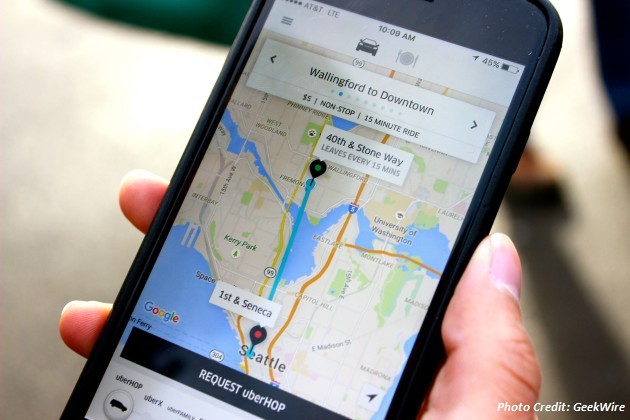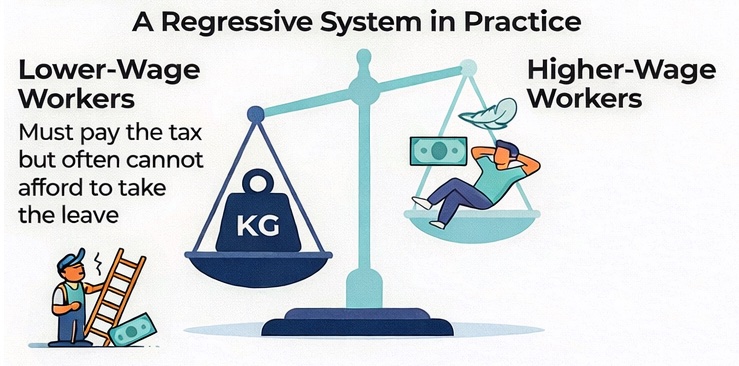Seattle’s latest regulatory misstep has once again raised costs for consumers and gig workers, this time through DoorDash’s new service fees. The city’s poorly designed policies, including the new driver deactivation law, are backfiring, burdening businesses, customers, and the very workers they aim to protect. As DoorDash struggles to operate in what it calls “the most expensive market to facilitate delivery” in the U.S., Seattle’s gig economy is feeling the squeeze.
In response to Seattle’s escalating regulations, DoorDash announced increased delivery fees starting this month, citing “extreme regulations” like the App-Based Worker Deactivation Rights Ordinance. This law, passed in August 2023, requires companies to provide 14-day notice before deactivating drivers, base deactivations on “reasonable” policies, and supply records justifying the decision. While framed as job security for gig workers, it ties companies’ hands, limiting their ability to swiftly address issues like fraud or unsafe behavior. DoorDash reports a rise in fraudulent activity, with some drivers prolonging deliveries to boost pay, further straining operations.
These fees aren’t DoorDash acting out of greed. The company operated at a loss in Seattle in 2024, despite reporting $3 billion in revenue nationwide in Q1 2025. Seattle’s regulatory environment, including a minimum wage law for gig workers and a 10-cent per-order fee to fund enforcement, has made the city a costly outlier. When businesses face rising compliance costs, they pass them on to consumers or exit the market entirely. DoorDash’s new fees, including a $1.99 charge for long-distance orders and a minimum service fee for DashPass subscribers, are a direct response to this pressure.
The fallout is predictable. Higher fees mean fewer orders, as consumers balk at inflated delivery costs. Restaurants, already reeling from a 15% drop in third-party delivery orders after earlier fee hikes, face declining revenue. Gig workers, whom these laws ostensibly protect, are hit hardest. DoorDash notes that drivers are waiting three times longer between offers due to reduced order volume, slashing their earnings. In New York City, a similar minimum wage law led to a 64% wage increase for drivers but also fewer hours and limited long-term earning potential. Seattle’s trajectory looks eerily similar.
Seattle’s “PayUp” policies, including the deactivation law, minimum wage requirements, and sick leave mandates, reflect a broader push to regulate the gig economy. But good intentions don’t guarantee good outcomes. By treating independent contractors like traditional employees, the city ignores the flexibility that draws workers to gig platforms.
The Washington Policy Center has long warned that heavy-handed regulations stifle innovation and harm small businesses. Seattle’s approach exemplifies this. Instead of fostering a balanced ecosystem where workers, businesses, and consumers thrive, the city’s policies create a lose-lose scenario. DoorDash and Uber have lobbied for a revised minimum wage law. Meanwhile, Uber and Instacart are suing over the deactivation law, arguing it violates their operational autonomy and constitutional rights.
It’s time for Seattle to rethink its approach. Policymakers should engage with gig platforms, workers, and restaurants to craft solutions that preserve. Rolling back overly restrictive ordinances, like the deactivation law would reduce costs and restore order volume. Without change, Seattle risks losing the convenience and economic benefits of the gig economy, leaving consumers with higher prices and workers with fewer opportunities. The choice is clear: prioritize practicality over ideology or watch the city’s innovation hub falter under its own weight.






